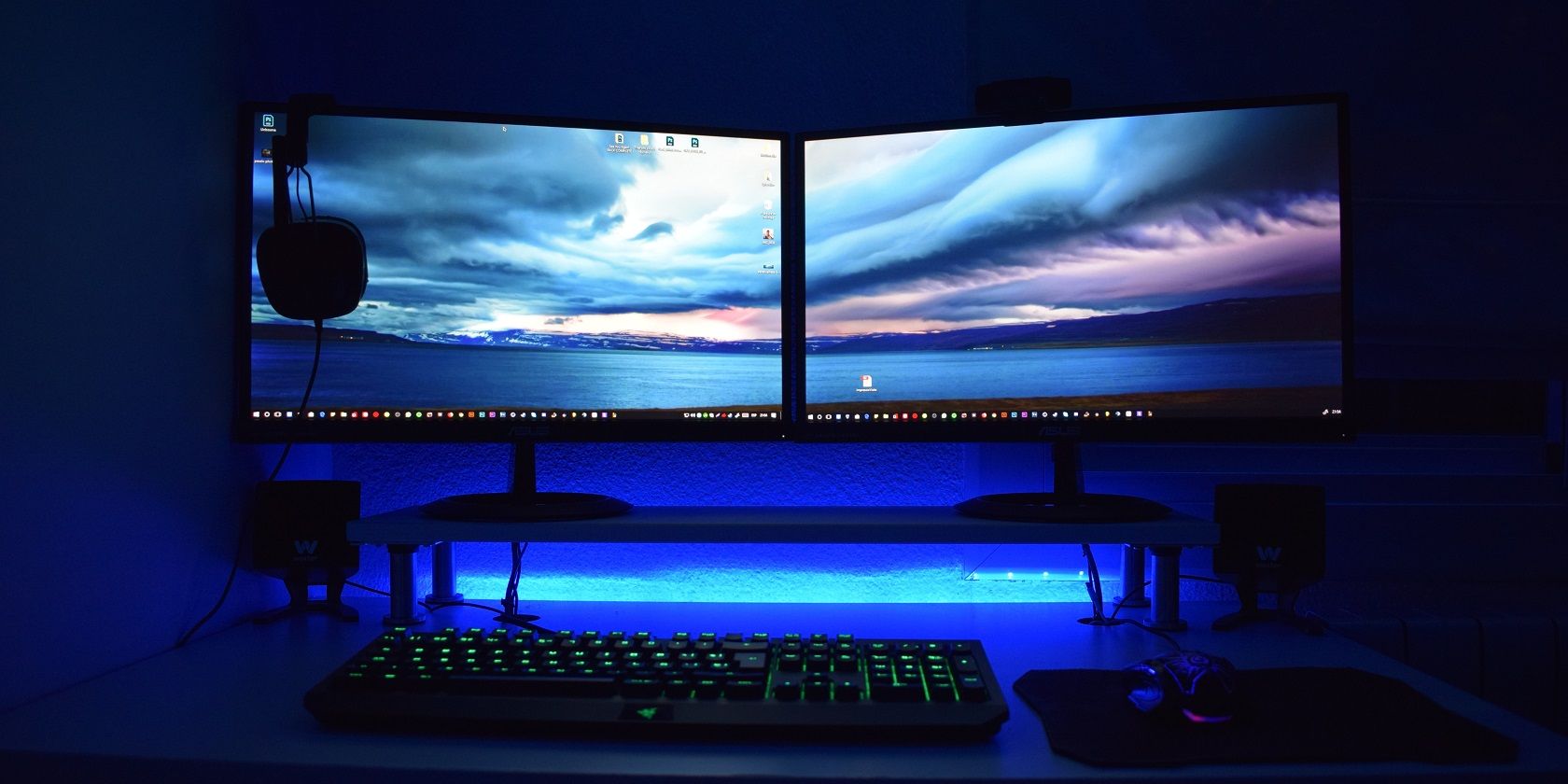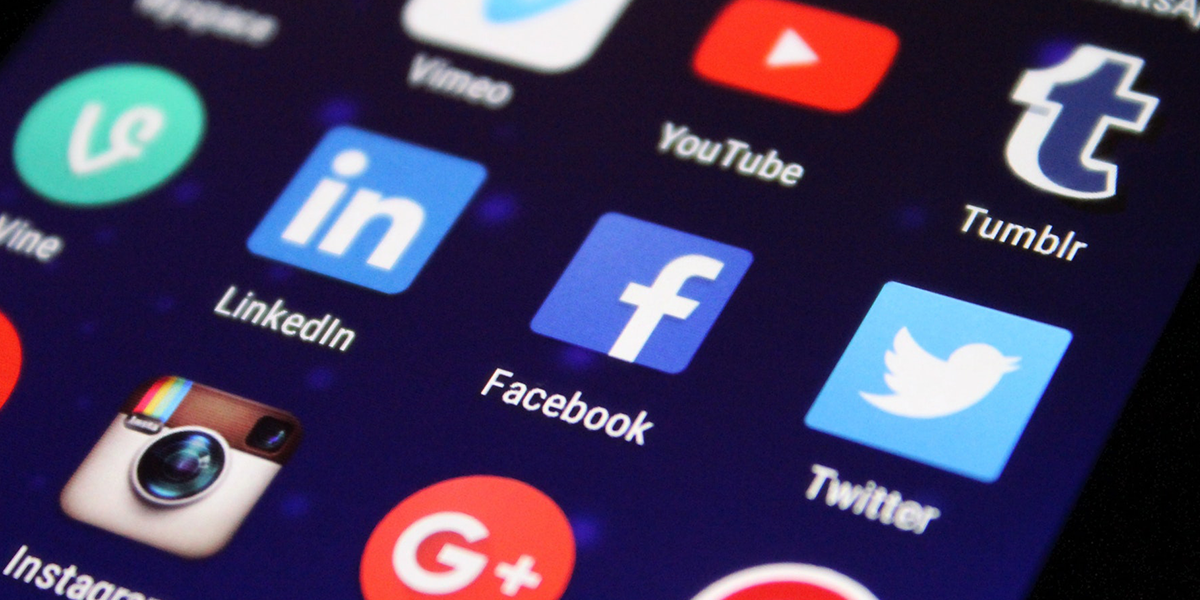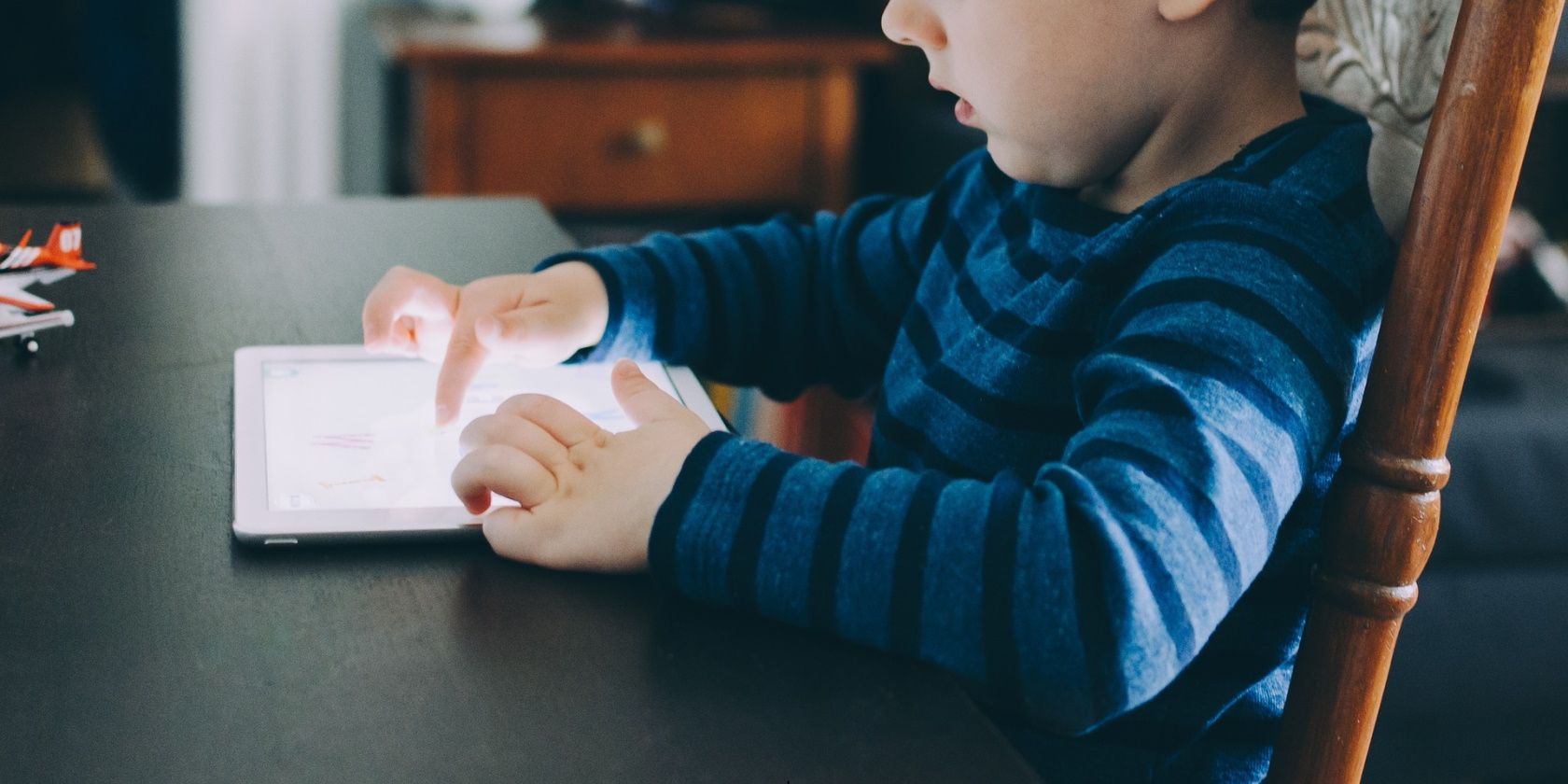
Public Perception of Online Communities: More Harm, Less Good

Public Perception of Online Communities: More Harm, Less Good
The COVID-19 pandemic has made the power of social media a lot more obvious. Almost everyone that can be on the internet is on the internet, because it’s the safest gateway to get your social fix.
Social media may have more cons than pros though, and folks are still using it despite that possibility.
Disclaimer: This post includes affiliate links
If you click on a link and make a purchase, I may receive a commission at no extra cost to you.
US Adults Use Social Media Despite Believing It Divides People
A nationwide poll conducted byNBC News shows that most Americans use social media at every day, despite their belief that such platforms (e.g. Facebook, Twitter, TikTok, etc.) do more to divide people than unify them.

66 percent of adults in the US use social media once a day or more, leaving 33 percent that do not (virtually unchanged from the results of the past two years).
At the same time, 64 percent of Americans also think that social media platforms are tearing people apart. This is still true even if you look within specific demographics:
- Republicans – 77%
- Independents – 65%
- Democrats – 54%
- Whites – 70%
- Latinos – 56%
- Young adults – 61%
- Seniors – 71%
Well, most of them. Answers were split among Black respondents, with 42 percent saying social media is more divisive, versus 40 percent saying that it’s unifying.
How Does Social Media Affect Your Life?
The same poll also asked Americans how social media affects their quality of life. 49 percent say social media makes their lives better, while 37 percent say it makes their lives worse.
Democrats, women and college graduates are more likely to say that social media make their lives better, versus Republicans, men and those without college degrees who are more likely to disagree.
You might think that the pandemic has younger folk on their electronic devices more often—and you’d be right. 54 percent of parents say their children are spending more time on computer screens, phones, tablets, and TVs.

38 percent of parents say their children are getting the same amount of screen time as they did before, and only four percent say their screen time has declined.
Help Make Social Media Great Again
Spending time on social media fulfills the need for interaction for a lot of people, but users should work together to lessenits many negative effects .
If we’re all going to be on it because having big social gatherings is still widely discouraged (or prohibited, in some areas), then we should do our part to make it a space that fosters unity and encouragement instead of friction and judgement.
You can view the documentation for the NBC News poll on DocumentCloud . Most ofthe results were released in late April, as respondents were asked for their opinion on the performance of US president Joe Biden.
Also read:
- [New] Social Media Synergy Connecting Twitch Streams with FB for 2024
- [Updated] Premium Photographic Archives
- [Updated] The Comprehensible Guide Downloading Safe, Free VLC on macOS
- [Updated] Unlock Visual Potential with Smart Photo Text Tools Online for 2024
- 9 Solutions to Fix Tecno Spark 20 Pro+ System Crash Issue | Dr.fone
- How to Prevent Unsolicited Openings of Search Bar, Win11
- In 2024, How To Pause Life360 Location Sharing For Apple iPhone 12 | Dr.fone
- Mastery of Mourning: Disconnecting Your FB Commerce Profile
- New Center Highlighting Facebook's Commitment to Policy Clarity
- Revolutionize Visual Content Leading Montage Tools for Phones for 2024
- Swiftly Spread Conversation Wings: Add Friends on Facebook Messenger
- Ultimate Guide: Setting Up Gridiron Legends in Kodi for Premium Sports Broadcasting
- Why Marketing Stands Tall with a Facebook Company Page - 8 Core Advantages
- Title: Public Perception of Online Communities: More Harm, Less Good
- Author: Michael
- Created at : 2024-10-02 03:08:29
- Updated at : 2024-10-09 06:08:27
- Link: https://facebook.techidaily.com/public-perception-of-online-communities-more-harm-less-good/
- License: This work is licensed under CC BY-NC-SA 4.0.